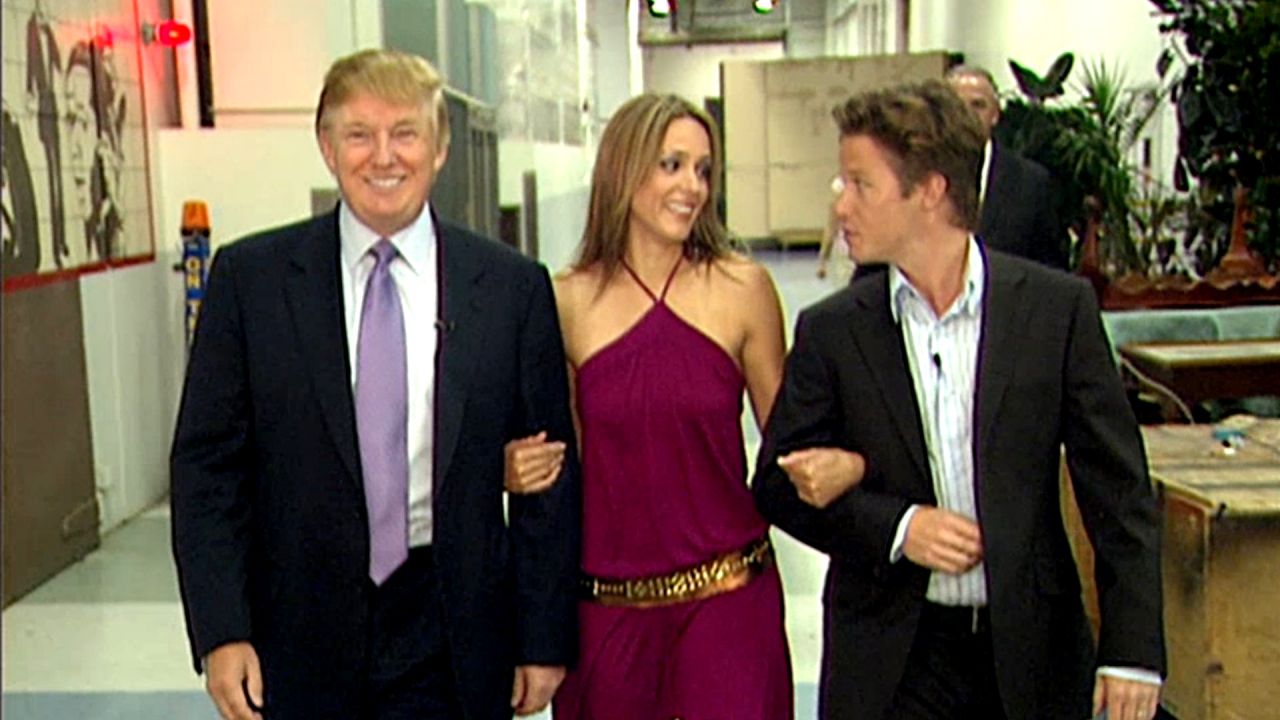
Donald Trump's lewd remarks about women, including actress Arianne Zucker, seen here between him and NBC host Billy Bush, has thrown his campaign into turmoil. (Screen grab of video obtained by The Washington Post via Getty Images)
No doubt about it, last weekend was deliciously vindicatory for those who are horrified at the prospect of a President Donald J. Trump.
But before I’m-with-her Hillary Clinton’s backers get too comfortable in I-told-you-so schadenfreude, consider the bad news: As a nation, we have spent another 96 (and counting) hours fixated on a soap-opera-ish drama of a campaign, on the soft-porn sexual braggadocio worthy of an adolescent (if that).
Meanwhile, as one of our regular media critics pointed out about Sunday’s debate, here’s what we haven’t been attending to: issues that really matter to American voters and families — issues that, because left unaddressed for so long, arguably gave rise to the train wreck that is the Trump campaign.
What kind of a mandate does this media (and, to be fair, public) obsession on the foibles of a single, monumentally flawed individual give the next president of the United States?
As the latest in our series of attempts to pull focus on campaign 2016, we’re presenting an interview with Julian Zelizer, a Princeton professor of history and public affairs who has written prolifically about American political history and culture.
An expert on a national story that is filled with complex characters and more than a few unsavory episodes, Zelizer nonetheless can find no comparison for this campaign in America’s past and no political figures quite like Trump.
In the interview, he reflects broadly on what gave rise to this year’s Republican nominee, why he thinks the undergraduates he teaches may not cast votes in this election, the important political institution that the media and the public is ignoring and the issues that the next president needs to address.
To Zelizer, there are three: middle class economic insecurity, race and immigration.
Read our interview transcript here; listen to it here.





